Comprehensive Guide to Case 580C Parts Diagram
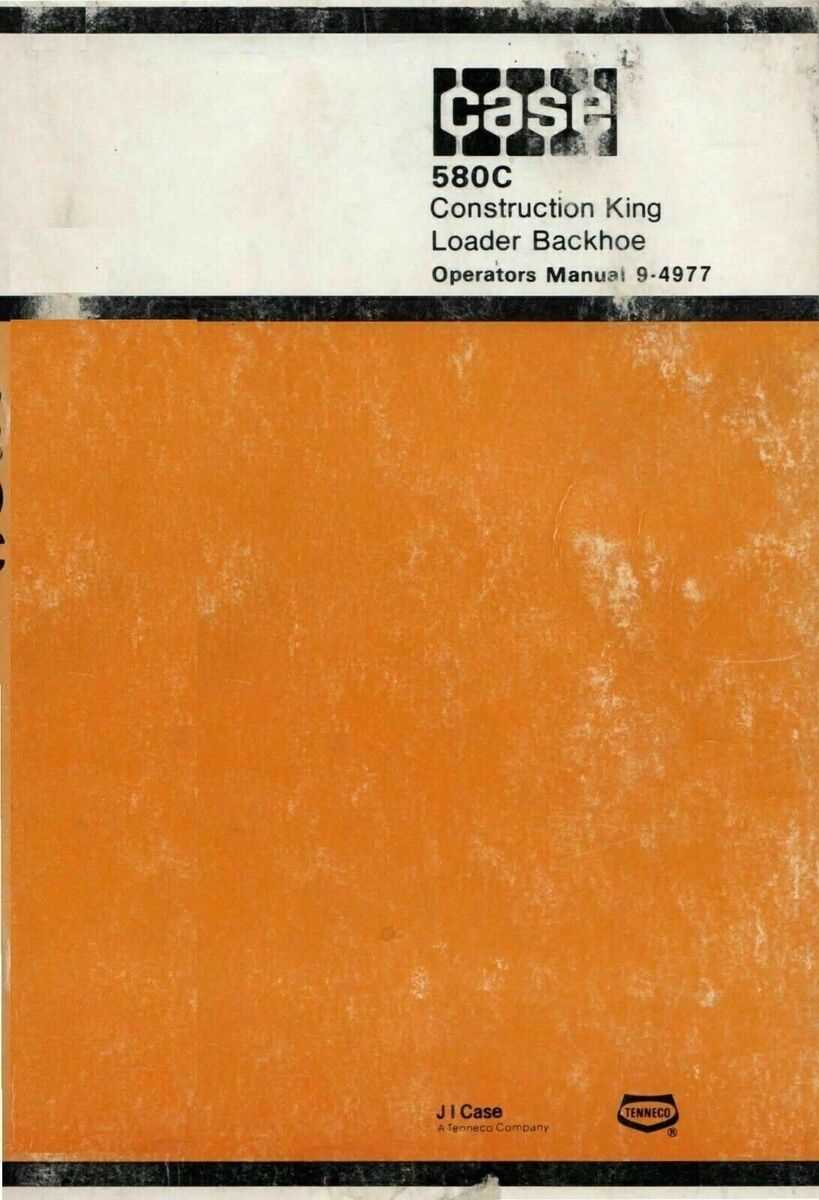
In the realm of heavy equipment, the intricacies of various mechanisms play a crucial role in operational efficiency. A comprehensive overview of essential elements allows for improved maintenance and troubleshooting. By visualizing the arrangement and relationships among these components, users can gain invaluable insights into the functionality of their machinery.
This exploration aims to provide clarity on the various elements that constitute a specific model of construction machinery. Each segment has its unique role, and grasping these connections can lead to enhanced performance and longevity.
Furthermore, detailed illustrations serve as a vital resource for both seasoned professionals and newcomers alike. Understanding the layout of these components not only aids in repairs but also fosters a deeper appreciation for the engineering behind heavy-duty machinery.
Understanding Case 580C Parts
When exploring the intricacies of heavy machinery, grasping the components that contribute to its functionality is essential. Each element plays a vital role in ensuring optimal performance, reliability, and longevity. Familiarity with these components empowers users to maintain and troubleshoot equipment effectively.
Key components to consider include:
- Engine assembly
- Hydraulic system
- Transmission
- Electrical system
- Chassis structure
Additionally, understanding how these elements interact can enhance operational efficiency:
- Regular inspections help identify wear and tear.
- Maintaining fluid levels is crucial for hydraulic functions.
- Proper adjustments ensure smoother transitions in gear shifting.
Ultimately, a thorough comprehension of machinery components leads to better maintenance practices and prolongs the equipment’s lifespan.
Importance of Parts Diagrams
Visual representations of components play a crucial role in understanding and maintaining machinery. They provide a clear overview of individual elements and their interconnections, simplifying the process of identifying and replacing specific items. Such illustrations are invaluable for both professionals and enthusiasts, ensuring efficient repairs and enhancements.
Facilitating Maintenance and Repairs
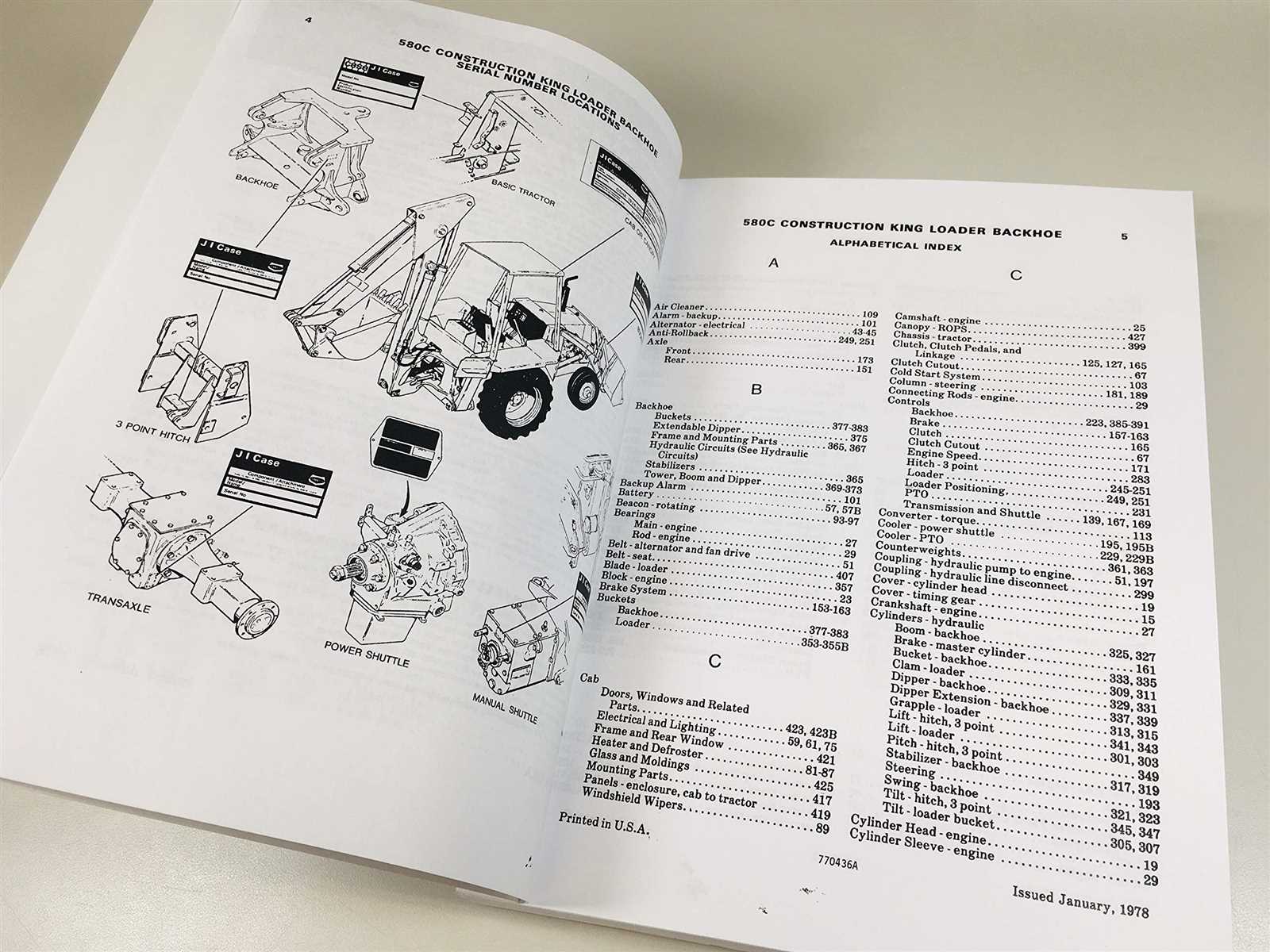
By offering a detailed view of every part and its location, these illustrations assist technicians in executing maintenance tasks with precision. A well-organized layout enables quicker diagnostics, helping to pinpoint issues swiftly. This efficiency not only saves time but also minimizes the risk of errors during reassembly.
Enhancing Knowledge and Training
In educational settings, visual aids serve as effective tools for teaching. They enhance comprehension by providing learners with a tangible reference, bridging the gap between theory and practical application. Understanding the arrangement and functionality of each component fosters a deeper appreciation for the machinery and its operation.
In summary, these visual guides are essential for effective maintenance, troubleshooting, and education, ultimately contributing to the longevity and performance of the equipment.
Key Components of Case 580C
This section explores the essential elements that contribute to the functionality and efficiency of the machinery. Understanding these key components is crucial for effective maintenance and operation.
Major Elements
Each unit consists of various integral parts that work in unison to ensure optimal performance. From the power system to the control mechanisms, these components are designed for durability and reliability.
Overview Table
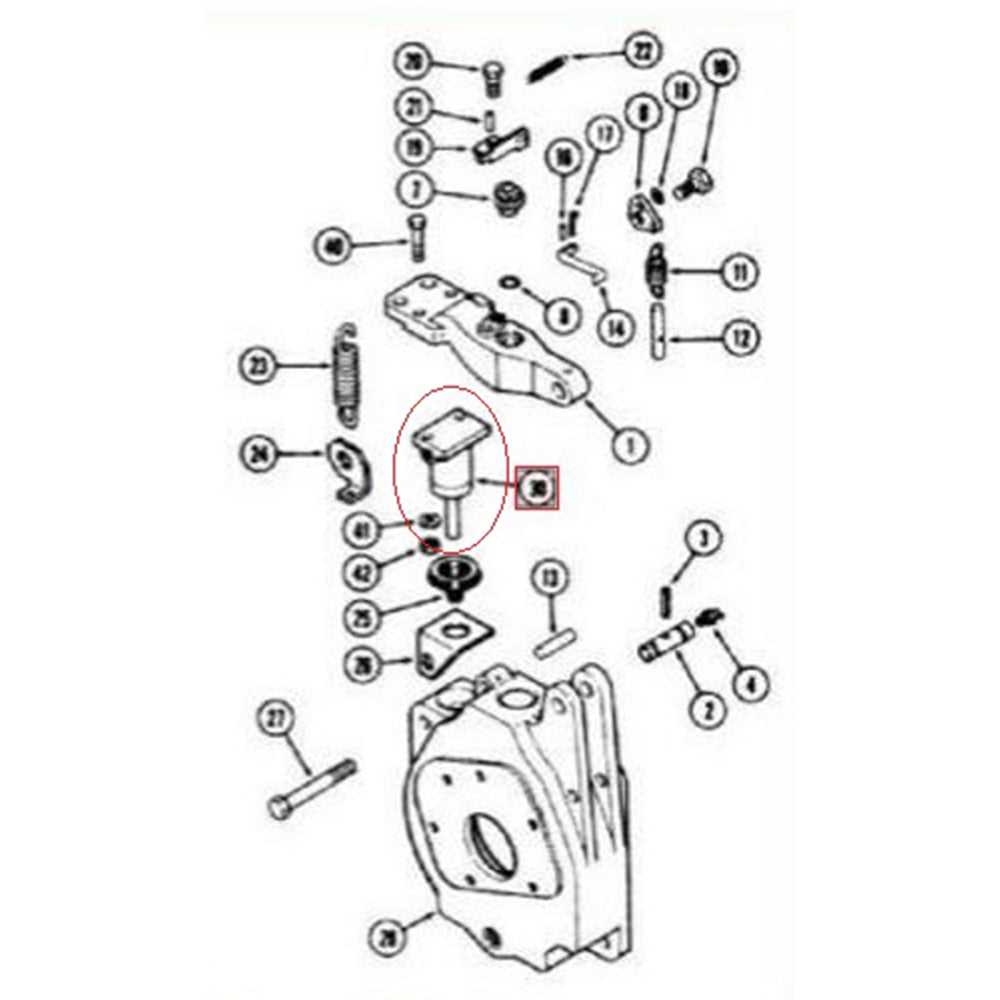
| Component | Function |
|---|---|
| Engine | Provides power for operation. |
| Transmission | Transmits power to wheels and implements. |
| Hydraulic System | Operates lifting and digging equipment. |
| Chassis | Houses all components and provides stability. |
How to Read Parts Diagrams
Understanding visual representations of components is essential for effective maintenance and repair tasks. These illustrations serve as a roadmap, guiding users through the intricate details of machinery and equipment. By familiarizing yourself with the symbols and notations, you can streamline your workflow and enhance your comprehension of assembly processes.
Key Elements to Identify
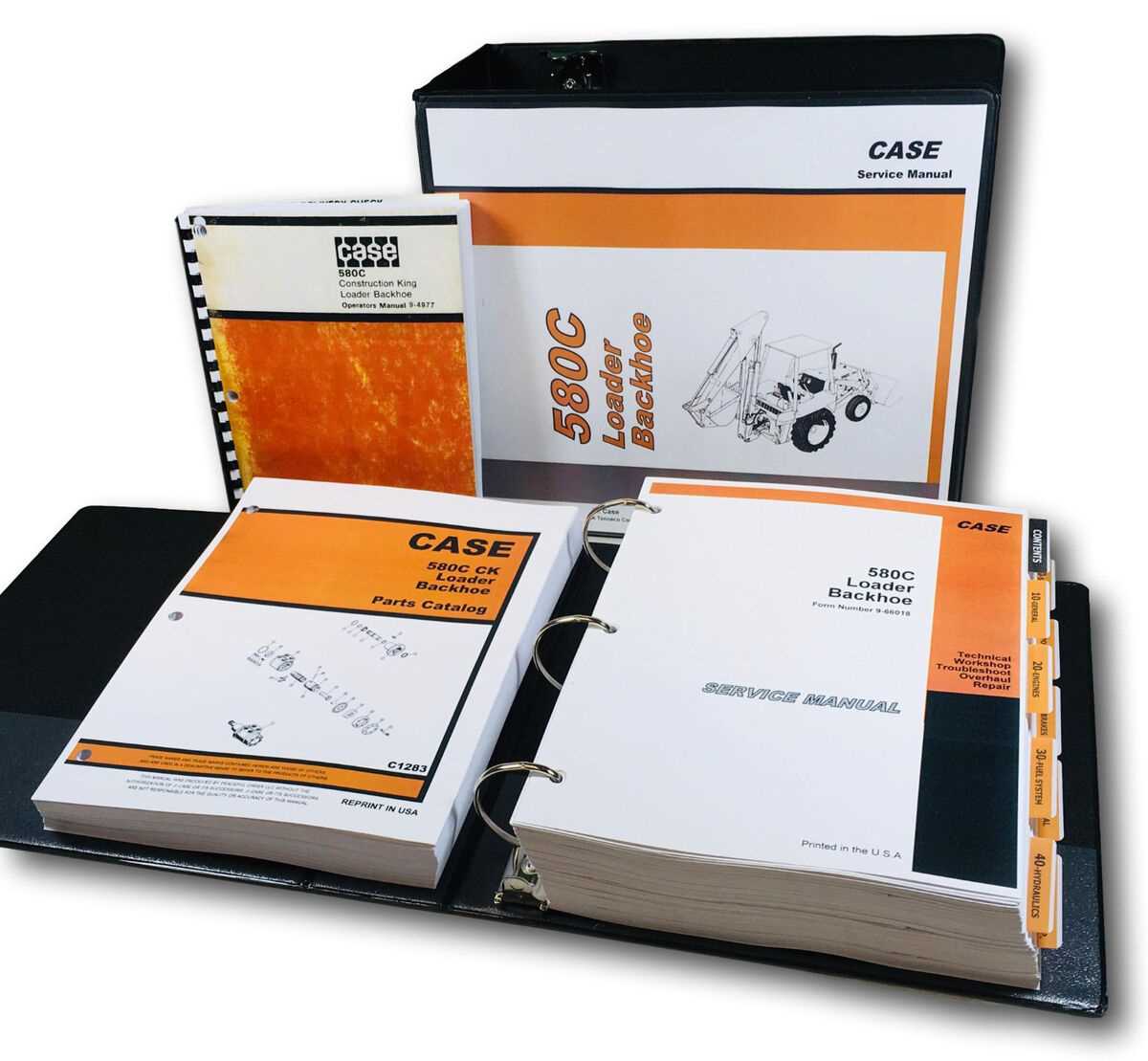
When examining these visuals, focus on several critical aspects that convey essential information:
| Element | Description |
|---|---|
| Labels | Identify the names and numbers assigned to each element, facilitating easy reference. |
| Connections | Observe how various components interact, showing links and relationships. |
| Scale | Check the size ratios to grasp the actual dimensions and fit within the larger assembly. |
Practical Tips for Usage
Begin by orienting yourself with the layout, then sequentially trace each part, cross-referencing with your inventory. This method ensures that you grasp the complete picture, allowing for efficient assembly or disassembly tasks.
Commonly Replaced Parts Overview
In the maintenance of heavy machinery, certain components tend to wear out more frequently due to their critical functions. Understanding which elements require regular attention can help extend the lifespan of the equipment and ensure optimal performance. This section highlights some of the most commonly exchanged components, providing insights into their roles and the reasons for their replacement.
| Component | Function | Reasons for Replacement |
|---|---|---|
| Hydraulic Filter | Cleans fluid to prevent contamination | Clogging, reduced flow, efficiency drop |
| Seals and Gaskets | Prevents fluid leaks | Wear, aging, material fatigue |
| Belts | Transfers power between components | Cracking, fraying, stretching |
| Filters | Removes particulates from air or fluids | Blockage, loss of suction, poor performance |
| Brakes | Slows down or stops the machine | Worn pads, reduced stopping power |
Identifying Faulty Components
Detecting malfunctioning elements within heavy machinery is crucial for ensuring operational efficiency and safety. Understanding the signs of wear and tear can prevent further damage and costly repairs. This section delves into methods for recognizing problematic parts and offers practical tips for effective assessment.
Common Symptoms of Malfunction
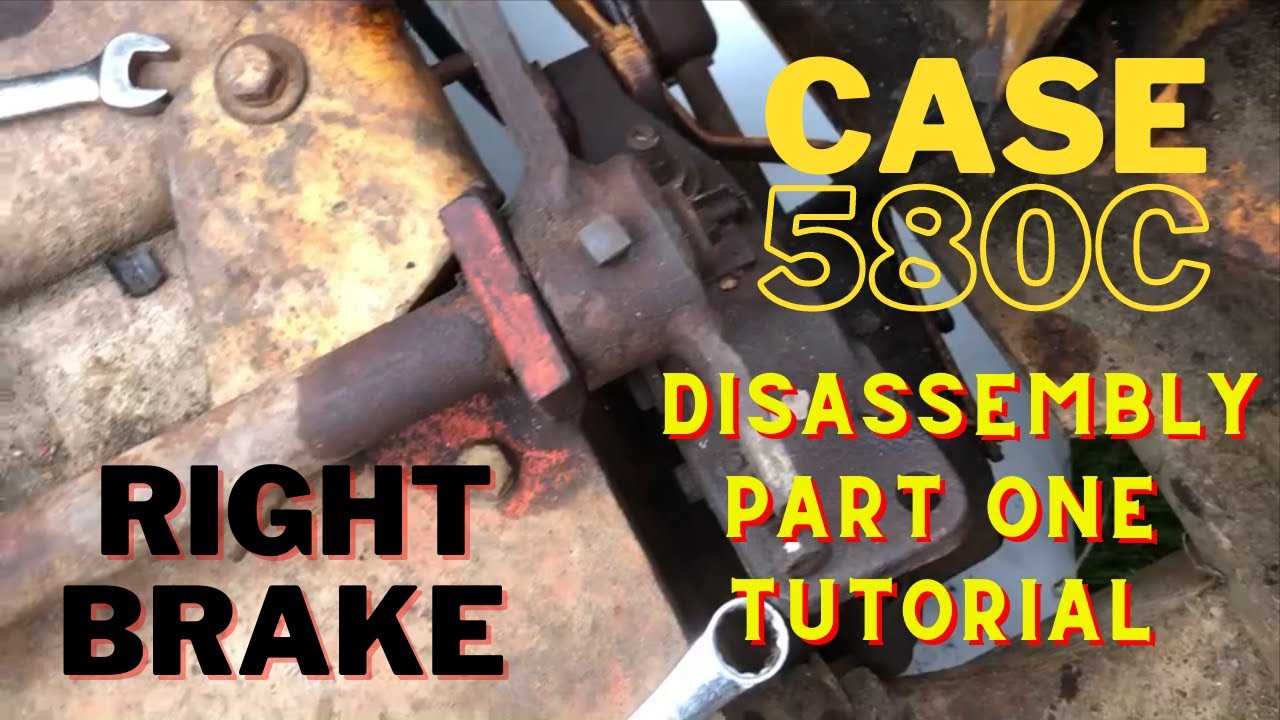
- Unusual noises during operation
- Decreased performance or sluggish response
- Visible wear, such as cracks or rust
- Leakage of fluids
- Inconsistent or erratic behavior of controls
Assessment Techniques

- Visual Inspection: Regularly examine components for any visible signs of damage or excessive wear.
- Operational Testing: Run the equipment under normal conditions and note any deviations from expected performance.
- Sound Analysis: Listen for abnormal sounds that could indicate mechanical issues.
- Fluid Checks: Monitor fluid levels and check for contamination, which could signal leaks or failures.
By employing these techniques, operators can effectively identify faulty components, thereby minimizing downtime and enhancing the longevity of their machinery.
Maintenance Tips for Longevity
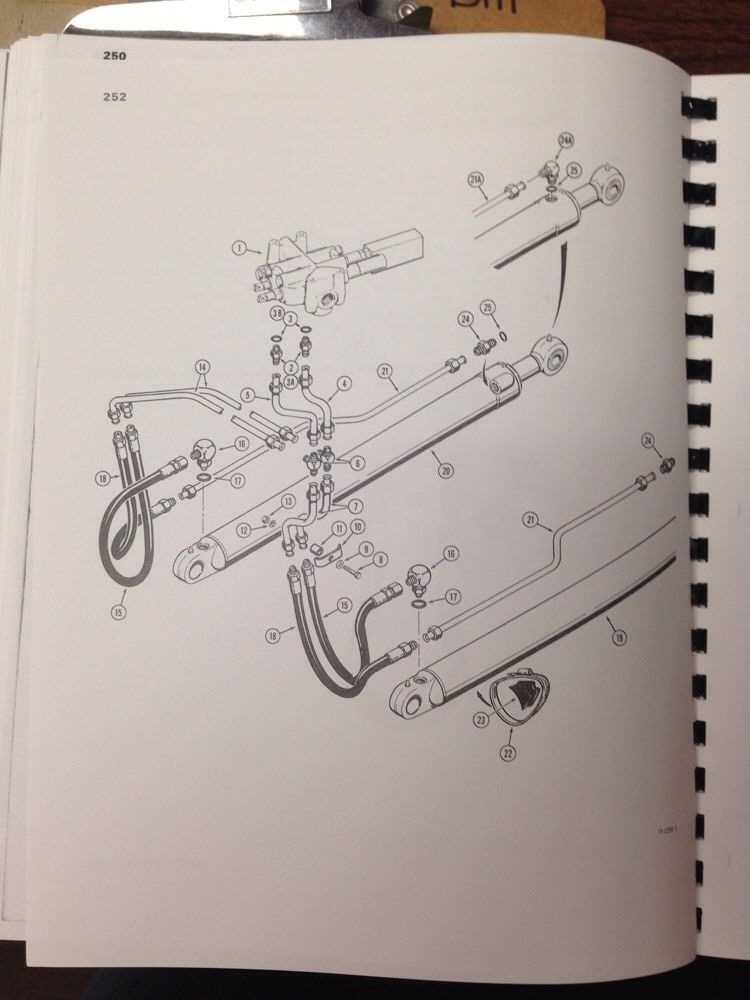
Ensuring the durability of your machinery requires a proactive approach to upkeep and care. Regular attention to various components can significantly enhance performance and extend the lifespan of the equipment.
Routine Inspections
Conducting frequent evaluations allows for the early detection of potential issues. Focus on key areas such as the hydraulic system and engine components, ensuring everything operates smoothly and efficiently.
Proper Lubrication
Utilizing the correct lubricants is crucial for reducing friction and wear. Regularly check and replenish oils and greases, paying close attention to manufacturer guidelines for optimal performance.
Where to Find Replacement Parts
Locating components for your machinery can be a straightforward process if you know where to look. Various resources provide access to high-quality alternatives, ensuring your equipment operates optimally.
- Authorized Dealers: These establishments typically offer genuine items and have knowledgeable staff to assist you.
- Online Marketplaces: Websites like eBay and Amazon feature numerous listings, including new and used options.
- Specialized Retailers: Companies that focus on construction and agricultural equipment often carry a wide range of replacements.
- Local Salvage Yards: These locations can be treasure troves for hard-to-find items at a lower cost.
By exploring these avenues, you can ensure that your machinery remains in excellent working condition.
OEM vs Aftermarket Parts Comparison
The choice between original equipment manufacturer offerings and alternative options can significantly impact performance and longevity. Understanding the nuances of each can guide users in making informed decisions tailored to their needs.
Quality and Reliability
Original equipment components are typically designed to meet stringent standards, ensuring compatibility and durability. In contrast, alternative solutions may vary widely in quality, making it crucial to evaluate specific brands and products.
Cost Considerations
While original offerings usually come with a higher price tag, alternative options often provide savings. However, the initial cost should be weighed against potential long-term performance and reliability.
| Criteria | OEM | Aftermarket |
|---|---|---|
| Quality | High | Varies |
| Compatibility | Perfect Fit | May Vary |
| Price | Higher | Lower |
| Warranty | Typically Offered | Limited or No |
Tools Needed for Repairs
When embarking on maintenance or restoration tasks, having the right equipment is crucial for achieving optimal results. Proper tools not only streamline the repair process but also ensure safety and efficiency. Below, we outline the essential implements you will need to tackle various jobs effectively.
Essential Hand Tools
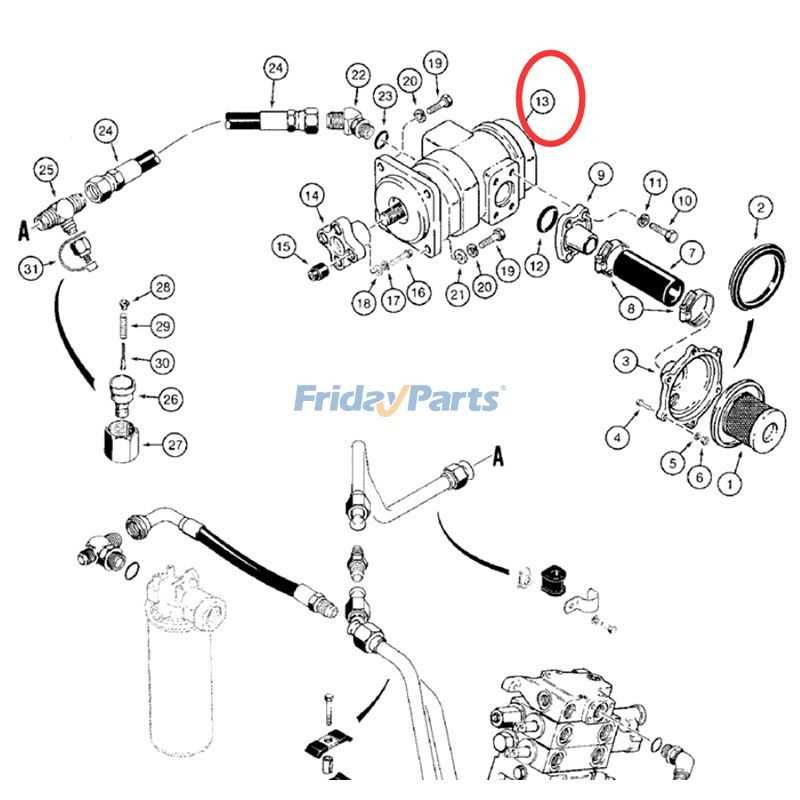
First and foremost, a well-stocked toolbox should include a variety of hand tools. Wrenches and screwdrivers are fundamental for loosening or tightening components. Additionally, pliers and hammers can be invaluable for manipulating parts that may be stubborn or require adjustment. A quality ratchet set can also be a game-changer when dealing with hard-to-reach areas.
Power Tools and Equipment
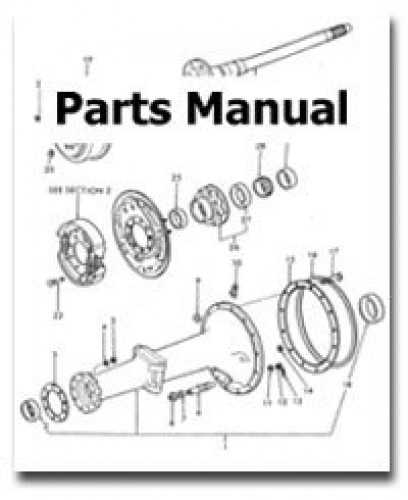
For more intensive tasks, power tools can significantly enhance your capabilities. A reliable drill allows for quick fastening and can facilitate the removal of stubborn bolts. Impact wrenches are excellent for dealing with rusted or tight fasteners. Lastly, a well-maintained grinder can help in cutting or shaping materials, making it an essential addition to your repair toolkit.
Case 580C Parts Diagram Resources
For those seeking detailed illustrations and resources related to machinery components, a variety of tools are available. These resources serve as invaluable references, assisting users in understanding the intricate relationships between different elements of equipment.
Online Platforms: Numerous websites offer comprehensive visual guides that highlight each component’s functionality. Utilizing search engines effectively can lead to an abundance of information.
Manuals: Manufacturer-provided documentation often includes exploded views and annotations, providing clear insights into assembly and maintenance.
Community Forums: Engaging with enthusiasts and experts in online communities can yield practical advice and shared diagrams, enhancing your understanding of specific elements.
Retailers: Many suppliers and dealers provide catalogs that feature detailed schematics, assisting in identifying replacement options and ensuring compatibility.
Exploring these avenues can significantly improve knowledge and efficiency when working with machinery.
Frequently Asked Questions
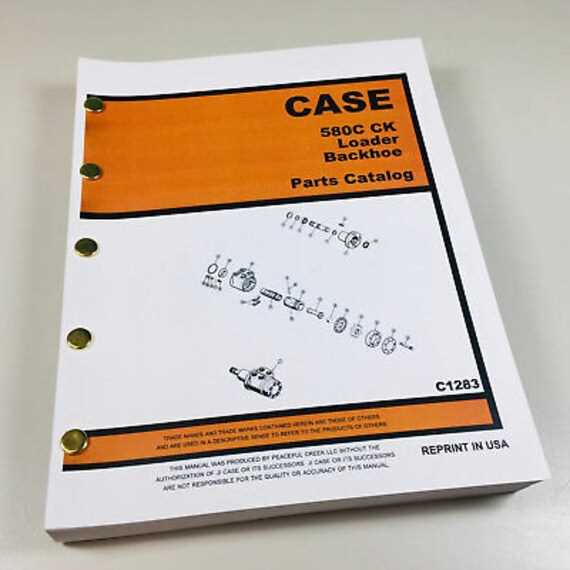
This section addresses common inquiries related to machinery components and maintenance. Whether you are a seasoned technician or a newcomer, understanding these key elements can significantly enhance your experience.
What should I consider when searching for machinery components?
Quality and compatibility are paramount. Always verify that the components you seek are designed to fit your specific model to ensure optimal performance.
Where can I find reliable resources for component identification?
Utilizing official manuals and reputable online forums can provide invaluable insights. Engaging with other users can also facilitate deeper knowledge and understanding.